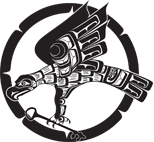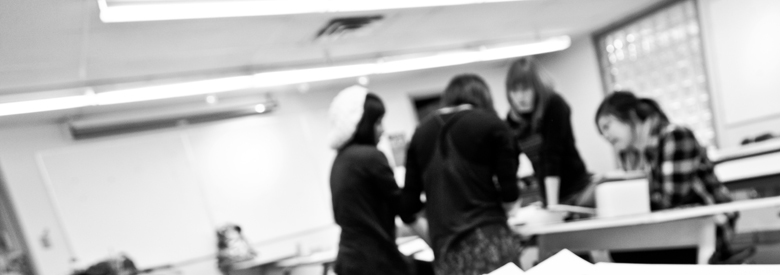Ross Hunt Sr., Kwagulth

The Key to Our Future
According to our elders from the village of Fort Rupert, the Eagles are orators and historians of our people. They can tell you your lineage, your songs, and your dances, those privileges that come from the time of the flood, or may be passed through marriage. When I was asked to teach, elders from five of our villages gave me permission to go into the schools. They felt it was very important that both native and non-native people understand that we have a system of knowledge and education. While our teachings are very different from non-native teachings, they are just as complex. They are rich and very spiritual. They teach us how to relate to everything in the world around us. They teach us to be humble.
The Key to Our Future is about balancing our cultural teachings with formal mainstream education. Those who truly understand the teachings of our elders are strong enough to acquire new tools and incorporate them into existing knowledge and skills. Our elders have sustained our culture for generations by being strong enough to know who they are while remaining open to new challenges.
Personal Statement
I learned about Kwagulth culture from my parents, grandparents, and numerous and aunts and uncles. My father was Chief Thomas Hunt, hereditary Chief of the Kwagulth Band, and my mother was Emma (Billy) Hunt, the daughter of the last shaman of Friendly Cove in Nootka, Dr. Billy. I have been involved in carving since the age of fourteen, I apprenticed with the late Henry Hunt Sr. for four years, and continued with an eight-year apprenticeship with Henry's eldest son, Tony Hunt Sr. If it were not for the strong beliefs of our elders, I wouldn't be who I am today. Because of them, I am a human being, and I have the names passed on to me while growing up. My wife's name is Karen Sheena. She supports me in everything I do. Our second son has learned our family songs, so they'll live on. Our daughter and granddaughter are superb dancers, so I know the spirits of their grandmothers and great-grandmothers live on.
In 1881, the government outlawed the potlatch. The Kwagulth people continued to potlatch in defiance of the law for over seventy years, until the law was finally rescinded in 1953. That year, my grandfather Mungo Martin and the rest of our family held the first public potlatch held on the Northwest Coast since the anti-potlatch law was passed. The potlatch was held in Thunderbird Park in Victoria, in a big house build by Mungo. Our elders believed in respect, honour, humility, integrity and above all honesty. I try my best to carry on the teaching to our children and grandchildren.
All My Relations,
Madaho
Ross Hunt Sr.
